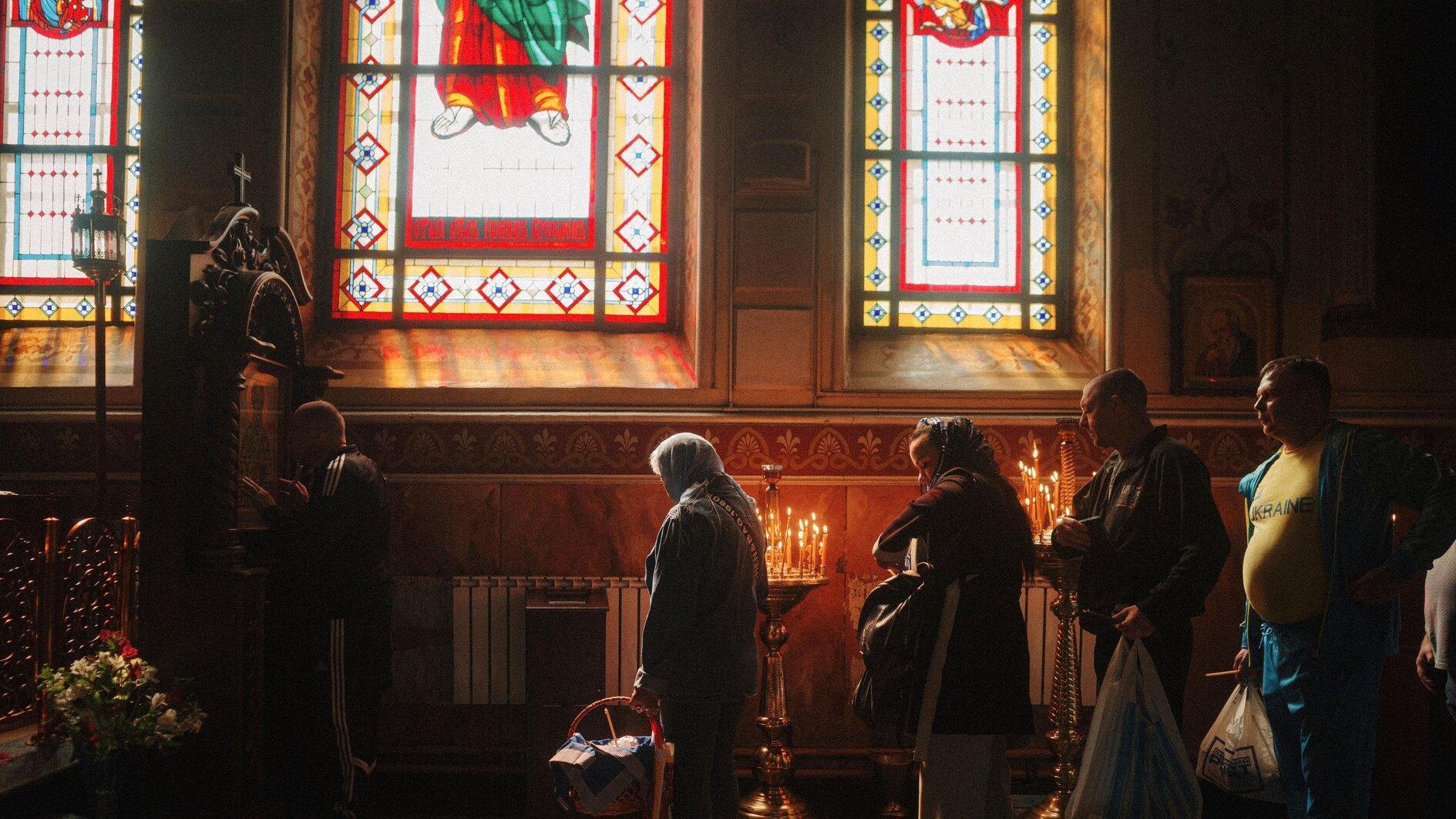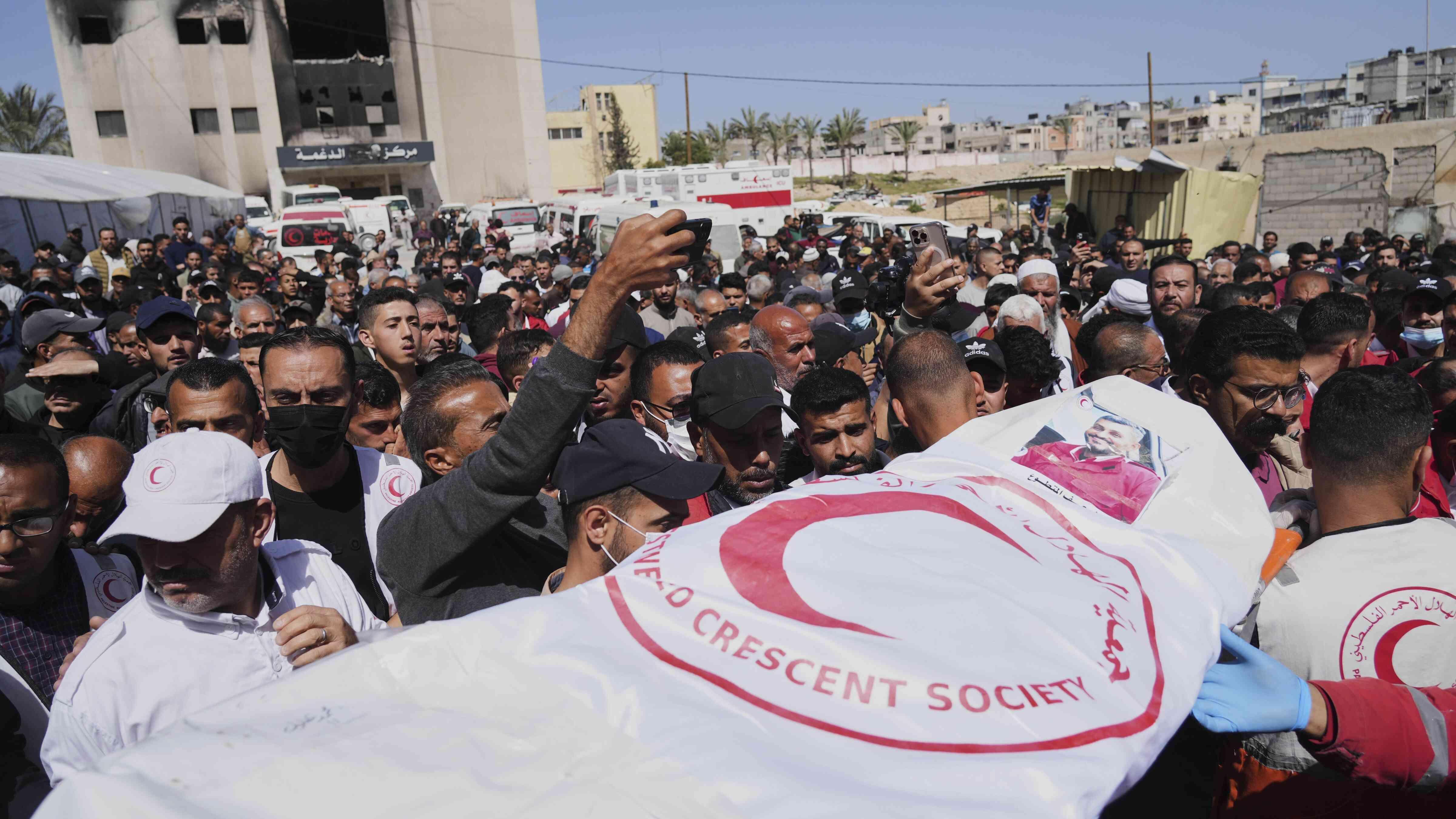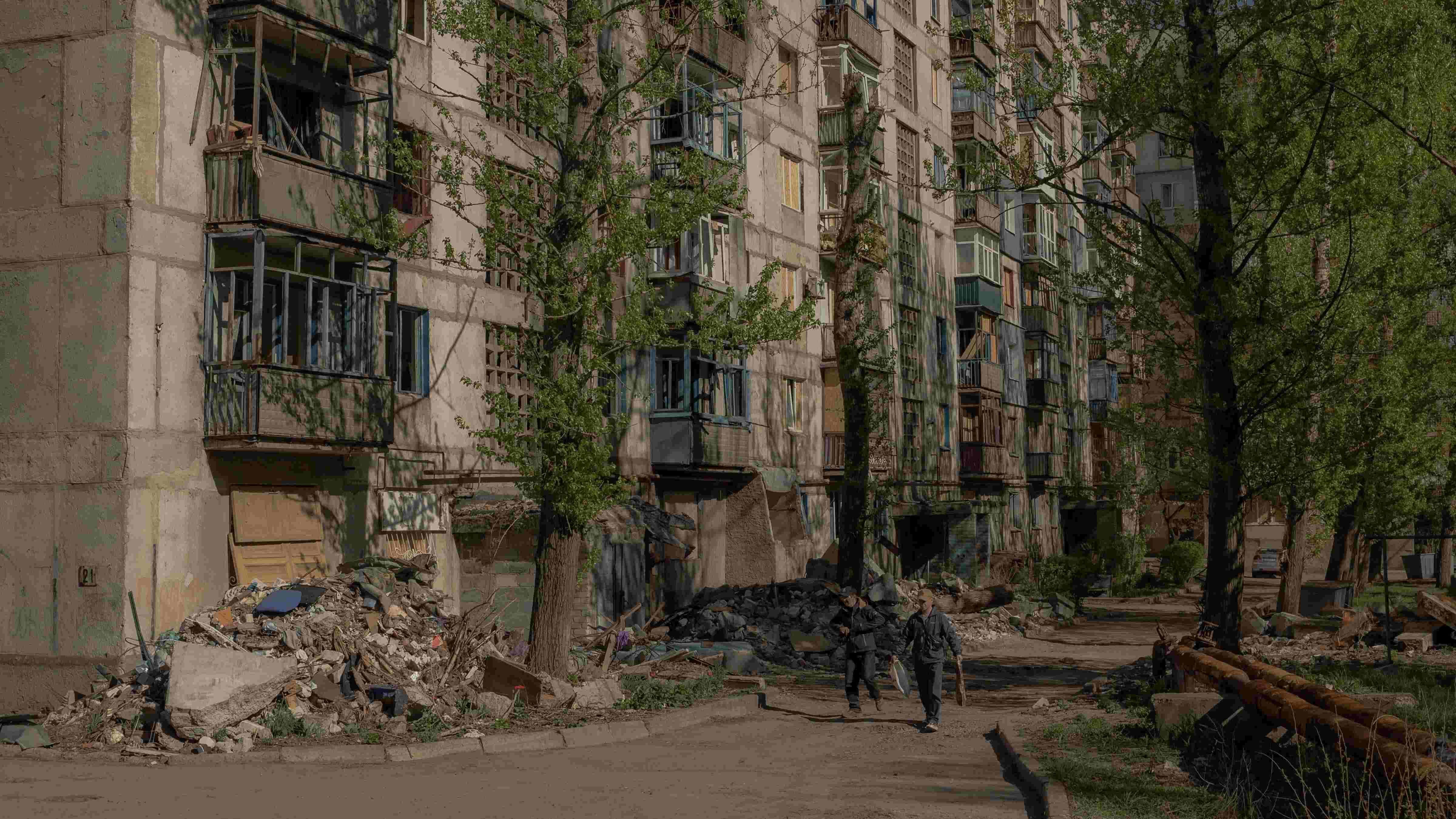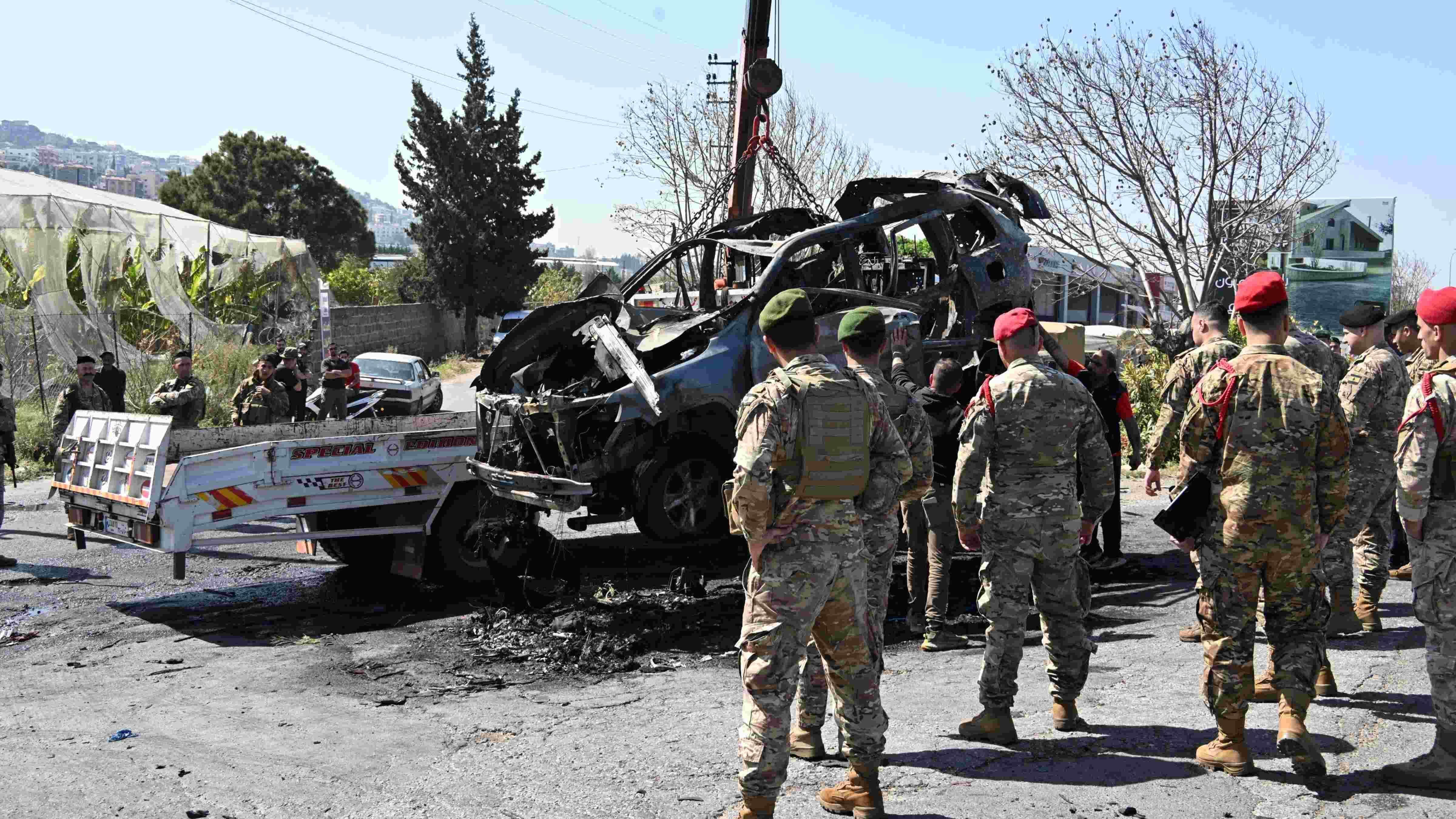Oligarch’s loyalty tested amid crisis
Bloomberg
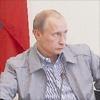
refid:11873022 ilişkili resim dosyası
Oleg Deripaska, the Russian billionaire who once joked he would hand over his smelters should the state ask for them, is finding his loyalty tested amid the country’s worst economic crisis in a decade.Prime Minister Vladimir Putin publicly rebuked him earlier this month for wage arrears and said the state will take over factories when owners fail to keep them open. That may curb Deripaska’s plans to idle unprofitable operations and cut jobs at aluminum producer United Co. Rusal and automaker OAO GAZ just as his companies try to renegotiate more than $20 billion of debt with lenders including Barclays and BNP Paribas.
With unemployment the highest since 2001, Putin has stepped up pressure on businesses to share the social burden. Russia has given more than $11 billion in bailouts to companies with foreign creditors, with Rusal receiving $4.5 billion. About one in every 100 Russians is economically reliant on Deripaska’s interests, which also span pulp, cement and power generation.
"Deripaska and Rusal have been bailed out, so it looks like now it is their turn to do some bailing out," said Robert Procope, a fund manager with Charlemagne Capital. Deripaska is Russia’s largest non-state borrower. Rusal has until July 28 to renegotiate $7.4 billion of foreign debt. State-owned Vnesheconombank agreed earlier this month to extend a $4.5 billion loan to Rusal by at least a year.
"Rusal was always considered as a top borrower on many aspects and one of them was Deripaska’s strong relationship with the Kremlin," said Luis Costa, an emerging markets strategist in London at Commerzbank. "He was perceived as the most patriotic."
Putin visited Pikalyovo in northwest Russia June 4, where he criticized factory owners including Deripaska, 41, for a "lack of social responsibility" after laid-off workers were owed money. Deripaska’s cement and alumina plant in the town shut after a slump in demand.
Public bashing
"You made thousands of people hostages of your ambitions, lack of professionalism and perhaps simply greed," Putin was shown by state television telling the owners.
Deripaska was then filmed signing a raw materials contract for half the price the plant previously paid, allowing production to restart. Deripaska’s investment company Basic Element paid more than 41 million rubles ($1.3 million) in wage arrears later that day.
On June 8, 88 million rubles of wage and redundancy arrears was paid out after a hunger strike by workers at the Deripaska-controlled pulp plant in Baikalsky, Siberia.
The factory, 49 percent owned by the state, closed last year after pulp prices fell. It still provided the town’s 17,000 inhabitants with power, heat and water. Since Putin’s rebuke, Basic Element said First Deputy Prime Minister Igor Shuvalov and Deputy Prime Minister Igor Sechin may join the plant’s board.
"Social problems are making the authorities anxious," said Masha Lipman, a political analyst at the Carnegie Center in Moscow. The authorities "may well command not only their own budget but also the funds of businessmen, telling them what to do to minimize the social impact."
Russia’s wealthiest businessmen have been called on before to make additional economic contributions. Roman Abramovich, a former partner of Deripaska in the aluminum business, agreed to take over in 2000 as governor of the far-eastern Chukotka region and pay tax there to bolster the local economy. He stepped down in 2008.
Deripaska’s GAZ is one of Magna International’s partners in its acquisition of General Motors’s German Opel unit. The deal is part of Russia’s strategy to move to more high-value manufacturing and reduce its reliance on natural resources, said Douglas Busvine, director of Russian research for Medley Global Advisors, which consults for hedge funds and banks.
More than 1.5 million Russians may depend on Deripaska’s businesses for their income, according to the Levada Center, a Russian research organization, and the Independent Institute for Social Policy in Moscow. His net worth fell to $3.5 billion in April from $28.5 billion a year earlier, according to Forbes magazine, after commodities and stocks plunged.


